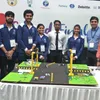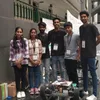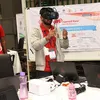Team Brainyfools’ IoT-powered device for trash monitoring and disposal wins Rs 1 lakh at Smart India Hackathon
A group of engineering students from JSS Academy of Technical Education, Team Brainyfools is using IoT, and web and application development to monitor and ensure timely disposal of garbage.
Beyond heritage buildings, beautiful parks, and high-rise buildings, Indian cities have one thing in common - garbage. The Central Pollution Control Board (CPCB) in 2017 reported that India generates 25,940 tonnes of plastic waste alone every day.
According to EPW Engage, India generates 62 million tonnes of waste every year, of which less than 60 percent is collected and only around 15 percent is processed.
Attempting to solve this nationwide problem is a team of students from JSS Academy of Technical Education, Noida. Team Brainyfools includes BTech students Rahul Bhatia (21), Siddharth Singh (21), Shubhanshu Singh (21), Shreya Mishra (21), Akanksha Singh (21), and Simran Gupta (21).
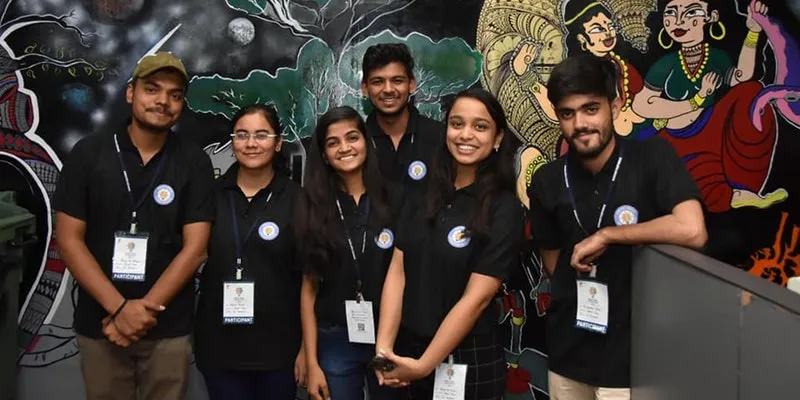
Team Brainyfools
They developed a garbage monitoring device and a battery-driven push cart at the Smart India Hackathon 2019 hardware edition using Internet of Things (IoT), and web and application development to ensure timely disposal of garbage.
"Looking around the surroundings, we realised that there is no proper waste management and disposing system. Community dustbins are not cleared on time and keep overflowing. Thus, we decided to work on this real-life problem," says Rahul.
Team Brainyfools has designed a battery-run push cart that runs on 24-Volt battery and motor, and will be replacing the traditional hand-pulled cart. Using this battery-operated cart, waste will be collected from the source and dumped in the ward or colony bins.
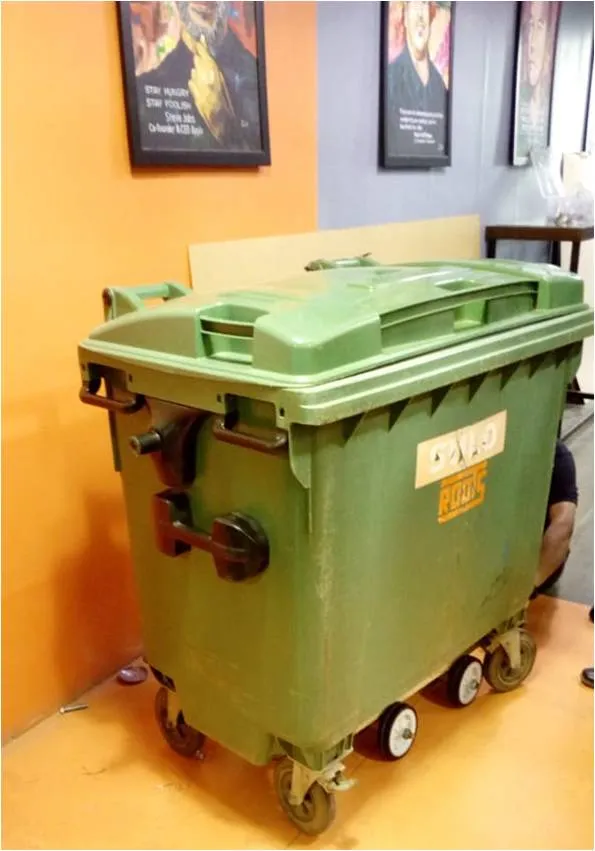
Battery-run cart developed by Brainyfools
The team also developed a monitoring device that uses ultrasonic sensors to detect the quantity of garbage in a particular bin. Once the bin is full, it send alerts to the nodal centre. The team at the nodal centre, in turn, assigns a truck driver to go to the location and clear the bin, using GPS to identify its location.
"This will not only increase the efficiency but also help workers get done with more work in lesser time," says Rahul.
Brainyfools plans to come up with an Android application for customers or people living in a particular society to provide feedback.
"We always wanted to implement the theory we were taught in college to solve a real-life problem," adds the student innovator.
Speaking on the USP, Rahul says that the device is easy to implement and will help in real-time monitoring of garbage to avoid spillage. Despite how simple it sounds, the team faced challenges in regularly charging the cart’s battery and are working on it now.
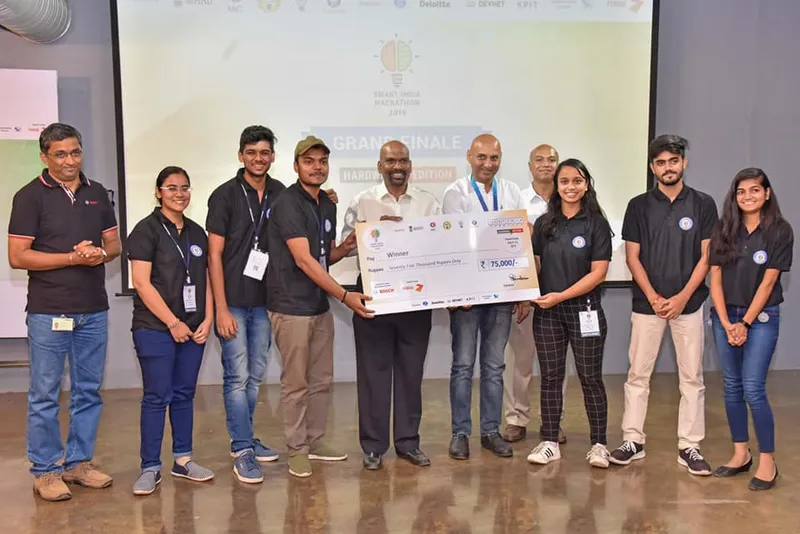
Team Brainyfools at the Smart India Hackathon
Talking about its practical application, he adds,
"It can help manage and monitor waste collection and disposal at landfills. Moreover, it can also help in maintaining the hygiene of a particular ward or society."
Rahul says that their device will be targeting municipal corporations, hospitals, and colleges.
The present government under Narendra Modi has been trying to build a strong spirit of innovation among young minds, especially students. To further this initiative, the government started Smart India Hackathon (SIH) in 2017 and recently concluded its third chapter successfully. YourStory brings to you some amazing young minds who have taken up the challenge to solve some of the country's problem.
(Edited by Saheli Sen Gupta)


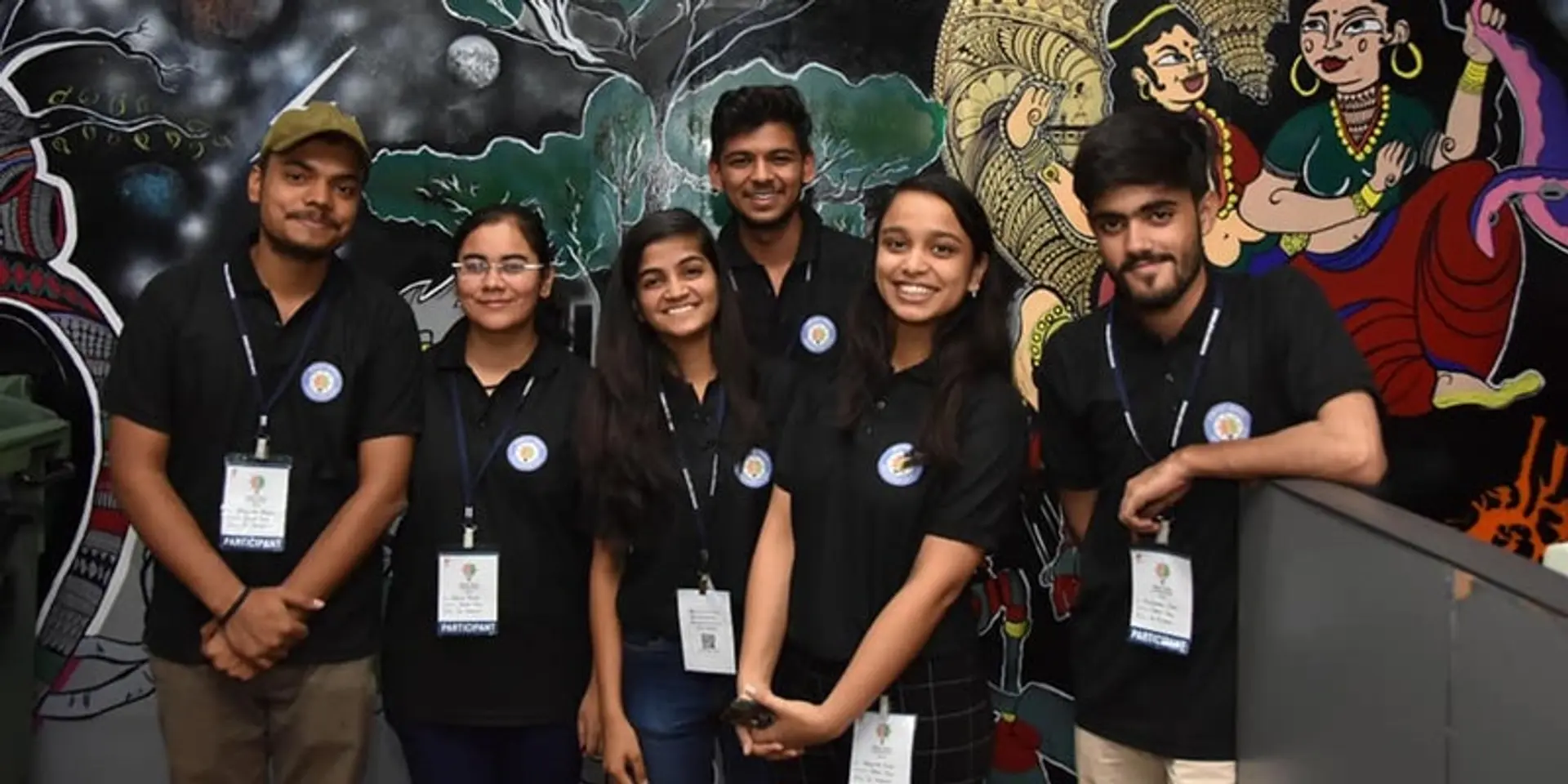

![[Startup Bharat] This 16-year-old boy from Surat has developed an edtech platform for ‘Gujju St...](https://images.yourstory.com/cs/2/3fb20ae0-2dc9-11e9-af58-c17e6cc3d915/seth1553599308214.png?fm=png&auto=format&h=100&w=100&crop=entropy&fit=crop)
